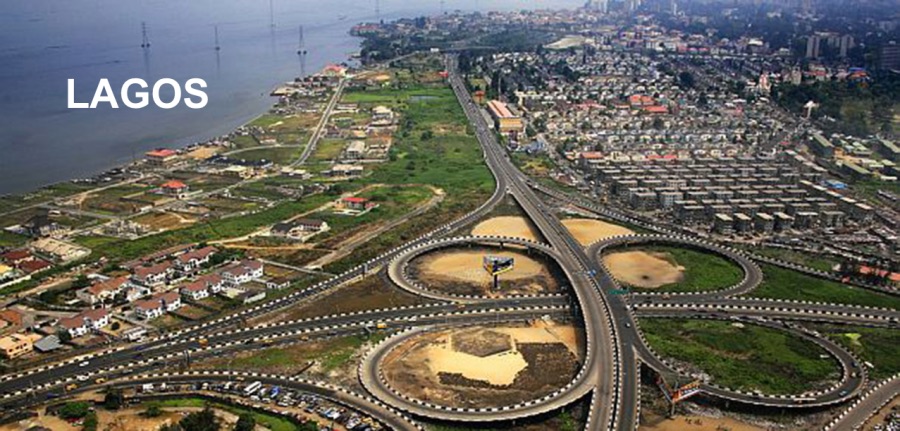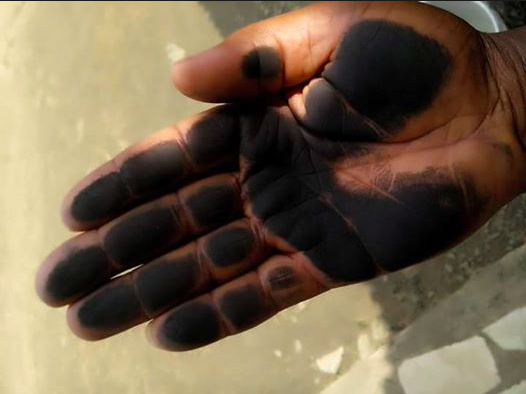
Governor of Lagos state, Southwest Nigeria, Akinwunmi Ambode on Tuesday received a certificate of admission of Lagos into the group of 100 Resilient Cities network, a cause pioneered by the Rockefeller foundation.
Receiving the certificate in Lagos, Ambode said that cities should capitalise and exploit their massive opportunities, rather than dwell on their challenges. The governor said that despite various challenges in the state, it remained resilient and ever progressive.
“You may want to ask how we have coped in the face of these challenges. The answer is simple; innovation, determination and resilience,” he said.
Ambode said that admission of the state into the network was a right step as resilience had always been part of the Lagos story.
“Being a part of the network of 100 Resilient Cities comes at a good time when our state is hoping to join the leading city-states of the world.
“We are open to new ideas, new technology and new methods.”
The governor was optimistic that membership of the network would be beneficial to the state.
He said it would offer more opportunities to access investments and partnerships that would foster massive infrastructure development over the next couple of years.
In his remarks, the state’s Commissioner for Finance, Economic Planning and Budget, Mr Akinyemi Ashade, described the selection of Lagos among the 100 Resilient Cities as a signpost of a new dawn’ for the state.
Ashade said that this would enable the state adapt to some of the risks and shocks it might be exposed to, and effectively overcome them.
He recalled how the governor issued a directive in August 2016 for commencement of the process for Lagos to be selected. Ashade explained that the feat would complement the vision of the present administration to make Lagos Africa’s model mega city of choice. Earlier, President of 100 Resilient Cities, Mr Michael Berkowitz, gave an insight into why Lagos was selected.
He said of the more than 1,000 applications received and three rounds of the selection process, Lagos was chosen for its innovative leadership, infrastructural strides and influential status, not just in Africa, but in the world.
The governor later signed a Memorandum of Understanding (MoU) with the Mayor of Paynesville, Liberia, Mrs Cyvette Gibson.
The MoU is to facilitate information sharing around resilience in the two cities, with a view to bringing about economic development.
The 100 Resilient Cities, pioneered by the Rockefeller Foundation, is dedicated to helping cities around the world become more resilient to the physical, social and economic challenges that are a growing part of the 21st century.
100RC supports the adoption and incorporation of a view of resilience that includes not just the shocks—earthquakes, fires, floods, etc.—but also the stresses that weaken the fabric of a city on a day to day or cyclical basis.
Examples of these stresses include high unemployment; an overtaxed or inefficient public transportation system; endemic violence; or chronic food and water shortages.
By addressing both the shocks and the stresses, a city becomes more able to respond to adverse events, and is overall better able to deliver basic functions in both good times and bad, to all populations.











